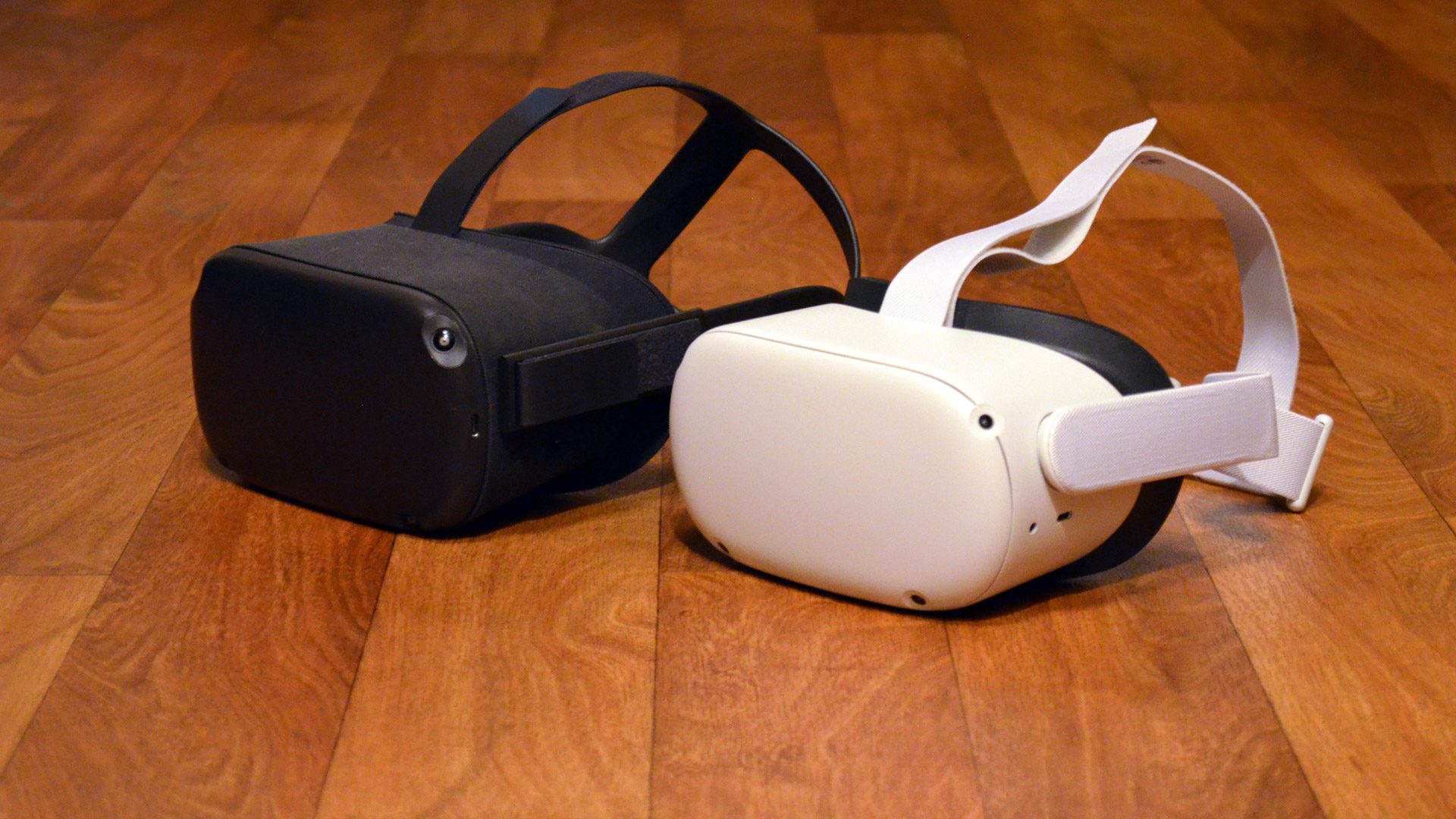Meta is Discontinuing Quest 1 Support for New Apps Starting Next Month
Meta announced last year it was sunsetting the original Quest, which was first released in 2019. While many developers of new apps have since stopped including the nearly five year-old headset as a supported device, now the company says it’s taking choice out of the equation, as no new apps will be able to offer support for Quest 1 starting on April 30th.
The company announced the news in an email to developers, seen below:
Notice to Quest 1 Developers
As we announced last year, we are implementing important changes to Quest 1. Beginning on April 30, 2024, we will discontinue support for new Quest 1 apps. This means that new apps created after this date cannot list Quest 1 as supported hardware:
– You will not be able to upload builds for new apps that only support Quest 1
– Builds for new apps that support other Quest devices along with Quest 1 will be able to be uploaded, but Quest 1 support will be blocked
– New apps will not be listed in the catalog of Quest 1 apps in the Meta Store
– Quest 1 users will not be able to search or purchase new apps created after April 30, 2024As a reminder, we will continue to maintain the system software with critical bug fixes and security patches through August 2024.
We thank you and the entire Quest 1 community for your efforts in growing this ecosystem.
Meta announced in January 2023 that first-party social apps Parties and Meta Horizon Home would no longer support Quest 1, marking the company’s initial steps in sunsetting its first 6DOF standalone VR headset.
A little over one year after the launch of Quest 1, Meta released its successor, Quest 2, which featured higher resolution displays (1,440 × 1,600 OLED vs 1,920 × 1,832 LCD) and a higher refresh rate (72 Hz vs up to 120 Hz) driven by a Qualcomm Snapdragon XR2—a significant upgrade over the Quest 1’s Snapdragon 835.

Now, already in the third generation with the release of Quest Pro in late 2022 and Quest 3 in late 2023, the company has moved on to include mixed reality passthrough as a headlining feature for its headsets moving forward.
Given the five-year life span of Quest 1, it’s possible we may see a similar path forward for Quest 2, giving developers and consumers just another year with the admittedly still very functional VR headset. Considering however the company is still selling Quest 2 alongside Quest 3 and Quest Pro, it remains to be seen whether its second-gen standalone will give up the ghost so quickly.